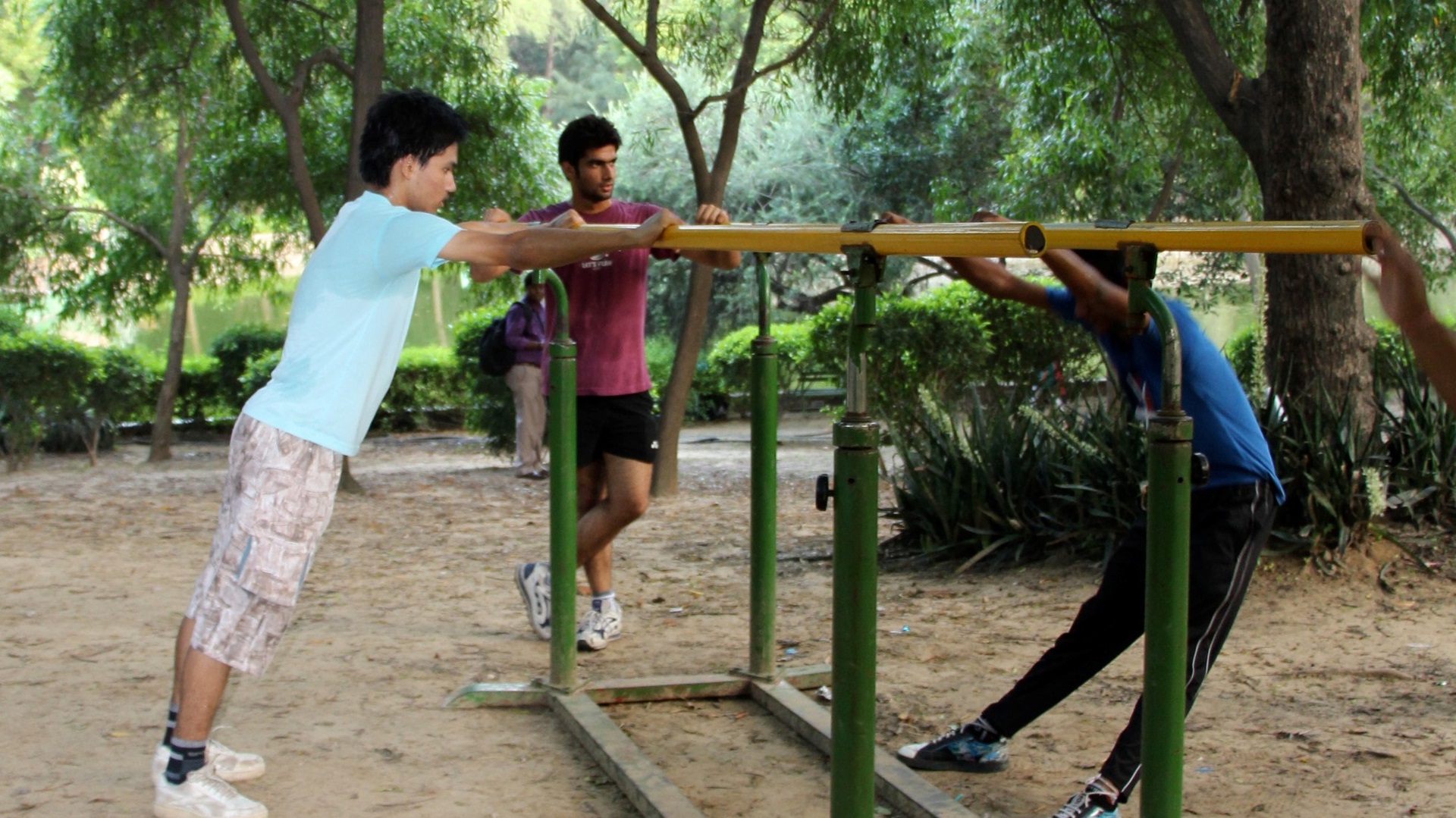Work in countries
In June 2022 a virtual regional meeting Making Every School a Health Promoting School in the Eastern Mediterranean Region: Regional Orientation on the Global Standards for Health Promoting Schools was attended by representatives from the ministries of education and health of 19 countries in the region. Over 80 participants attended the orientation including staff from UNESCO, WHO, UNICEF and WFP.
The objectives of the meeting were:
- To disseminate the global standards and indicators for HPS and systems and the supporting resources
- To strengthen engagement of policy makers and programme managers as well as to enhance awareness and commitment towards school health.
- To discuss implementation options and next steps in the region.
The meeting identified key recommendations for governments and UN partners to strengthen the region’s efforts and ensure each country adopts a systems-based approach to making every school a health promoting school.
In the African region, the regional orientation Making Every School a Health Promoting School took place on 26-28 July for both Francophone and English-speaking countries. Over 200 individuals from 45 countries have been oriented in the global guidance.
WHO, UNESCO, UNICEF, WFP and other UN agencies are working in early adopter countries such as Egypt, Kenya, North Macedonia and Paraguay to support strengthening school health programmes informed by the Global Standards for Health-Promoting Schools and their implementation guidance. National technical working groups have been established to ensure multisectoral and multiagency engagement and coordination, and evidence-informed situation analysis are now informing next steps.

